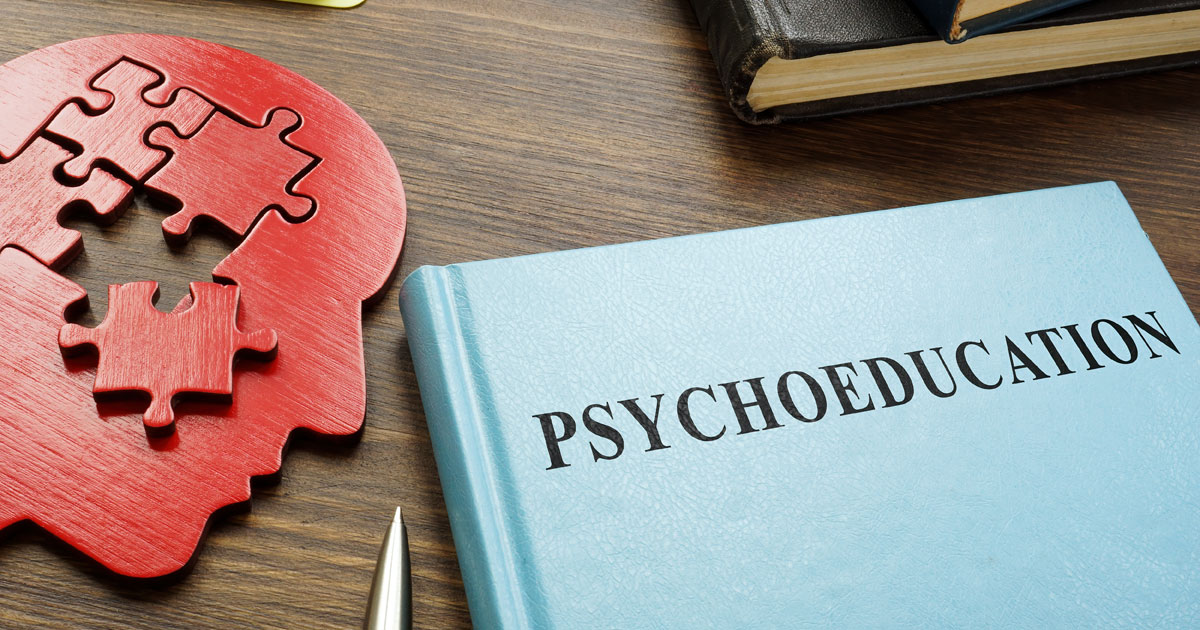Understanding Psychoeducational Assessments: A Guide for Parents
The goal for every child is to receive an education that helps them grow academically and socially as they move into adulthood. However, not every child learns the same way. Some students have learning differences or behavioral challenges that make education more difficult. Conversely, other students excel above the standard for children their age, suggesting they might thrive in gifted programs. For students like these, a psychoeducational assessment is a valuable resource. It helps you better understand your child’s abilities and determine what programs or accommodations best support their academic success.
What Is a Psychoeducational Assessment?
During a psychoeducational assessment, a professional will gather information about a student’s learning development. They will interact with people involved in the student’s learning experiences, such as parents and teachers. Their objective is to establish a child’s strengths and challenges with learning.
A student’s results are compared to other students of their age range and assigned a score. Most psychoeducational assessments are standardized, but some might include additional or different tests depending on the child’s needs.
While individual assessments may have slight differences, all delve into key areas essential for understanding a student’s abilities. These include:
Background information and development history
Professional evaluators might ask about your child’s birth and medical history, plus academic and social/emotional history. Family history may be valuable for further context.
Some parents worry that this information might influence the rest of the assessments, rendering results biased. Collecting this data isn’t to sway evaluations but to determine the best intervention for a child.
Assessment of cognitive functioning

This portion involves a series of tests to evaluate how your child learns. These tests incorporate verbal and visual elements to analyze verbal and nonverbal reasoning. They reveal how and how quickly a child processes information to form a response. Evaluators also learn about a student’s memory abilities and problem-solving behaviors.
Assessment of processing
Other tests provide further insights into processing abilities, including:
- Speech and language processing
- Auditory processing
- Visual-motor processing
- Attention, memory, and organization
Assessment of academic functioning
Academic – or achievement – assessments help the evaluator learn your child’s strengths and difficulties in the classroom. Reading, writing, spelling, and mathematics tests determine general academic competency. They also look at how quickly and accurately students perform these tests (academic fluency and efficiency). Evaluators must conduct supplemental tests if necessary to identify problem areas.
Social/emotional functioning
School isn’t just for academics but for building social and emotional skills. Social and emotional functioning assessment will differ depending on the child’s age and the evaluator’s approach. If the student is younger, parent and teacher questionnaires offer more insight. Older children can answer questions themselves regarding their feelings about the social and emotional aspects of learning. Tests might ask them about their perspectives on social relationships and coping mechanisms.
What Is the Importance of Psychoeducational Assessments?
Even if your child is struggling in school, you might question the value of a psychoeducational assessment. If results indicate your child has a learning difference, you may fear the stigma your student might face. However, psychoeducational assessments go beyond simply identifying a type of learning disorder the student has. Instead, they guide parents and educators in understanding what services and accommodations will best help students succeed.
The following are just some reasons to consider a psychoeducational assessment:
- Identifying if students have learning differences that might impact academic performance, such as ADHD or autism spectrum
- Understanding a child’s strengths and obstacles to devise effective learning strategies for their success
- Tailoring educational interventions and support services according to an individual student’s needs
- Informing the structure of individualized education programs (IEPs) and 504 plans
Maybe your child doesn’t show signs of a learning difference. On the contrary, they’re excelling beyond what’s typical for their age. In these cases, psychoeducational assessments can help students qualify for gifted programs.
Who Decides if a Student Qualifies for Special Education?
The decision is a joint effort between school professionals, including teachers, school psychologists, and administrators, plus parents or legal guardians. Special education programs vary from state to state, and eligibility requirements may differ.
In Florida, children with learning disabilities who require specially designed instruction and related services can receive the help they need through the Exceptional Student Education (ESE) program.
The process begins with a referral for an individual evaluation. The team will examine the child’s learning history, needs, and other considerations to devise the most meaningful assessment. The team collaborates with parents at each step, and parents must sign a consent before the evaluation begins.
Once the evaluation concludes, parents meet with the team to discuss the results during eligibility staffing. The team determines if the child qualifies to receive ESE services. Children must also meet the criteria outlined in Florida State Board of Education Rules to qualify.
The Benefits of Private Evaluations
When it comes to understanding your child’s learning needs, private psychoeducational assessments offer a distinct advantage. These evaluations are tailored to cover every aspect of your child’s cognitive, academic, and emotional functioning, ensuring a comprehensive understanding of their strengths and challenges. Private evaluators provide personalized attention and can often schedule assessments more quickly, delivering results in a timely manner. With a private evaluation, you maintain control over the process and the results, which can be kept confidential if desired. This approach ensures that your child’s unique needs are fully addressed without the limitations that might be present in other settings.
Preparing for a Psychoeducational Assessment
Students at different stages of life will have distinct feelings about a psychoeducational assessment. For younger children, it’s helpful to describe the activities as “learning games” or “brain games,” whereas with older children, you should be more candid about the process, addressing any concerns they might have. This makes it easier for them to buy into the assessment.
Evaluators will need documents like report cards and standardized test results to guide the assessment. You might need to complete questionnaires to help the evaluator prepare. Bring any questions you have to the evaluator before the assessment begins. Ensure your child is well-rested, fed, and hydrated for the evaluation, and bring refreshments for any breaks.
When the psychoeducational assessment is over, evaluators hold feedback sessions. These might be just for parents or parents and students depending on your child’s age. Feedback sessions are the time to go over reports and ask questions. Evaluators will explain the next steps for supporting your child’s educational needs based on the findings. This might involve collaborating with educators to create support plans and interventions. Evaluators stress the importance of ongoing monitoring and reevaluation, as your child’s needs might change over time.
Private Psychoeducational Assessments at Measuring Minds
Like most parents, you want your child to receive the best support possible to achieve success in school. A psychoeducational assessment helps you understand obstacles to this goal and find the right solutions.
Parents in the South Florida area seeking psychoeducational assessments for their children can turn to Measuring Minds. We offer private psychoeducational evaluations with exceptional convenience. Families can schedule appointments on weekends, and we strive to conduct evaluations on the same week as intake calls for fast results. Contact us today for a free consultation.



